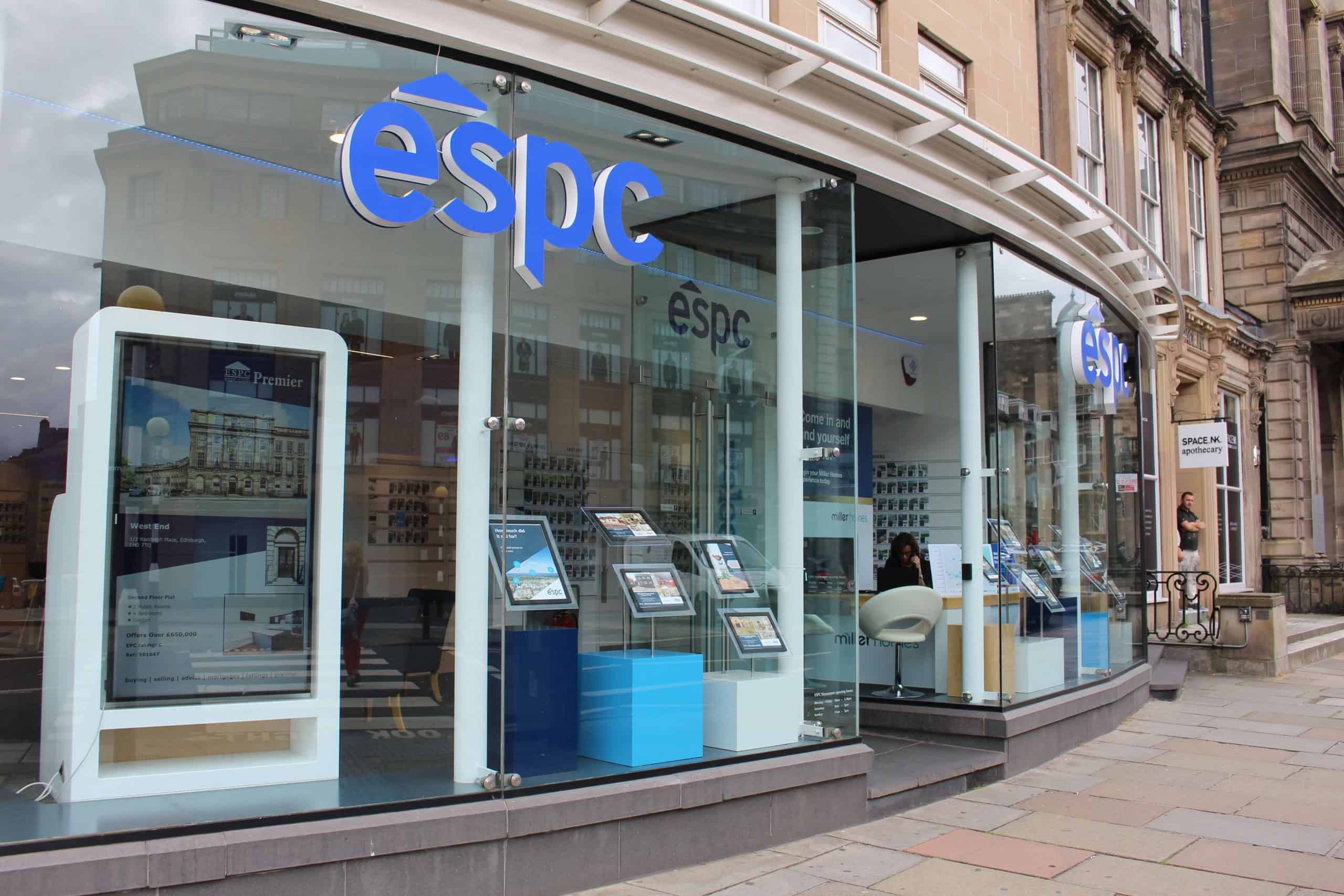Thinking of investing in buy-to-let property? Here’s everything you need to know to get started.
It’s well-reported that Edinburgh is one of the most challenging places in the UK to rent a home, and the demand from prospective tenants searching for a home in the city simply doesn’t match up to the levels of available stock on the rental market. There’s a real need for more rental housing to come to the Edinburgh market, so if you’re thinking of investing in a property portfolio, now presents a fantastic opportunity for would-be landlords.
To get started as a successful landlord, there are several things you need to be aware of, which we’ll discuss in greater detail below.
- Research the market
It’s essential that you understand the market that you’re looking to invest in. Edinburgh overall is an expensive city to buy property in, but there are many areas that offer more affordable purchase prices while generating strong rental yields. Examine the most recent market data available to make sure that the area you’re buying in will provide you with a strong return on investment.
Think about the kind of property you can afford to buy and your ideal tenant – do you want a one-bedroom flat for young professionals, an HMO for student tenants, or would you prefer to rent out a house to a young family?
- Get the right kind of mortgage
You’ll need to speak to a lender or mortgage adviser to ascertain your eligibility for a buy-to-let mortgage – a normal owner-occupier mortgage is not permitted for a property that’s intended for renting out.
Once you’ve got a firm understanding of how a buy-to-let mortgage works, and the funds you’ll have available to you, you can begin your search for the ideal rental property.
- Get up to date with the latest legislation
Becoming a landlord is not as simple as buying a property and handing over the keys, collecting rent each month. As a landlord, you have a legal obligation to provide a safe home for your tenants, and in Scotland, there are many rules and regulations to abide by, covering everything from the condition of the property to the rent you are allowed to charge each month.
From understanding the latest regulations around rent caps and how this will affect what you can charge your tenants, to knowing about fire alarm laws and the rules around evictions, it’s imperative that you understand both your rights and your obligations as a landlord.
- Set aside money for maintenance
Before you even secure a tenant, set aside a pot of money to be used for maintaining the property, and for any unexpected repairs that may be required. Usually, you’ll be liable for all repairs and maintenance to your property, unless there are specific circumstances where your tenant has caused the damage. With this in mind, it’s best to make sure you have the funds available for a new washing machine or communal roof repairs at short notice.
- Appoint a property management agency
Of course, you can manage your own rental investment – but for many, this is a time-consuming job that needs much more attention and care than you may realise. Putting your investment into the care of a property management agency means that you can relax and pass the responsibility for managing your property and its tenants to someone else.
An experienced lettings agency will take care of everything you need – from ensuring the property complies with regulations, creating inventories and marketing the property, to vetting tenants, collecting rent, handling move-outs and dealing with repairs and inspections. For many landlords, property investment is a long-term project, and passing the care of the property over to the professionals means you can simply enjoy the fruits of your investment, knowing it’s being looked after.
- Ensure the property complies with the rules
Prior to letting out your property, you’ll need to make sure everything within it complies with the current laws and regulations. This means that your property will need to be wind and weathertight, meeting the Repairing Standard, and will need to have the following:
- Interconnected smoke and heat alarms (one in the living room, one in every hallway/landing area, and one in the kitchen), which must be mounted in the correct way
- All gas appliances including central heating boilers and gas fires must be annually checked and tested by a registered Gas Safe engineer
- A PAT test for all electrical appliances included in the property’s inventory
- Carbon monoxide alarms installed, and fire extinguishers available in the property
- Risk assessments carried out, including a Legionella Risk Assessment
- Understand the market and current rental rates
Before you commit to putting your rental property on the market, it’s essential that you understand the current rental climate in the area your property is in, including current market rates for rent. Do your research and look at the latest available data to know how much rent you can expect to receive. Remember to think about the kind of tenant you’re looking to attract when you set your rent – a lower rent may mean your property will let quicker, but a higher rate might mean that you can be more selective about the tenants.
If you’d like to know more about becoming a landlord, you can sign up to ESPC’s next free buy-to-let event on 21 September 2023. Attendees will have access to tailored one-to-one advice from ESPC’s lettings and mortgage experts, while local property and conveyancing experts will also be on hand to answer your pressing questions, so you can find out everything you need to know about becoming a landlord in Edinburgh.












